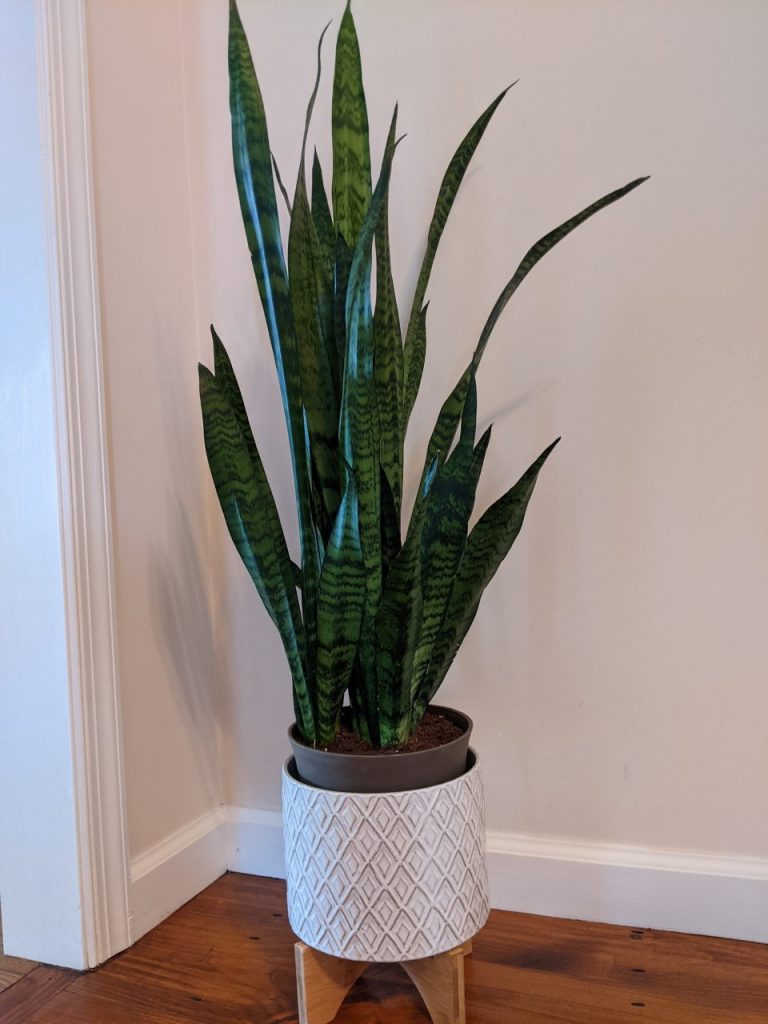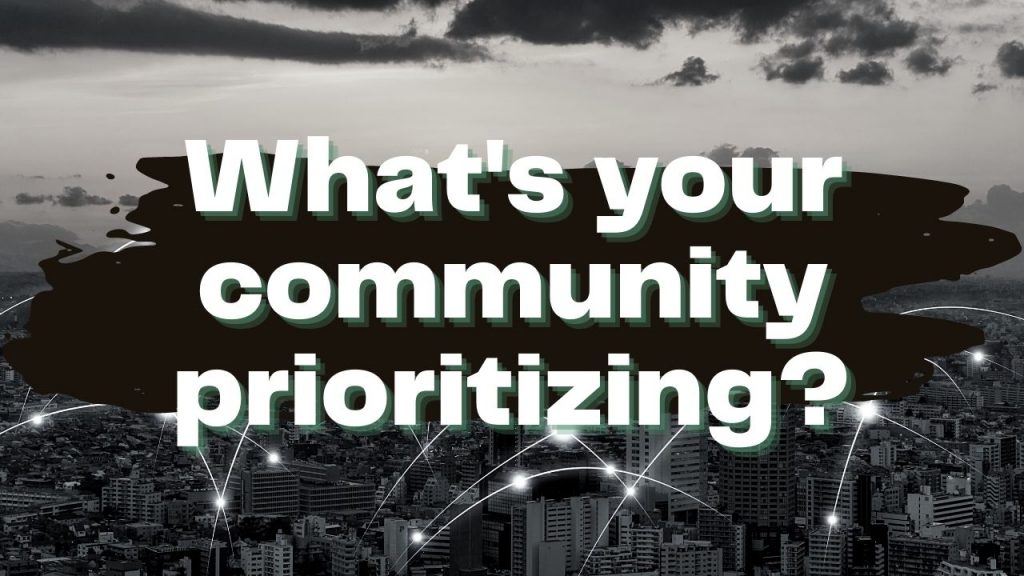How do you respond when your plans change unexpectedly causing annoyance and inconvenience? I recently had one of these minor annoyances traveling home from California. My travel plans had to be adjusted after my first flight was delayed.

As I began processing how this minor annoyance would affect me, I thought about all the negative impacts. How would I spend five hours in an airport waiting for my flight to Philadelphia? Would I be able to get comfortable and sleep on my five-hour, overnight flight? Would I be able to stay awake and get my work done while sleep deprived once home? How will this disruption affect my sleep cycle over the next several days?
Then I began thinking about others impacted by flight delays and cancellations. Airline staff are overworked and stressed due to staff shortages, added work demands, and a growing number of aggressive passengers. Travelers whose work schedules, vacation, or special event cannot be rescheduled or require additional expenses also are stressed. I understand the increasing impatience and irritability dealing with the annoyance and inconvenience of travel disruptions.
My thoughts shifted to people dealing with other disruptive and life-altering circumstances: the death of a spouse, family member, or close friend; news of a terminal illness, debilitating condition, medical treatment with major side effects; job loss or transition; house eviction, devastating natural disaster, or resettlement in a new country. What I was experiencing was so minimal in comparison to many dealing with loss, grief, and trauma.
How would I respond to this minor annoyance and inconvenience? I could not change my circumstances, but I could control my response.
Three things that helped me were naming and processing my feelings, expressing gratitude for the good that emerged, and accepting what I could not change. I processed my feelings and frustrations by writing this article and talking with family members. I prayed and took a walk. In other annoying situations, I processed my feelings by listening to peaceful music, reciting a scripture, or repeating a calming phrase.

Reminding myself of what I am grateful for keeps my mind focused on the good that emerges rather than my frustration or resentment. I was fortunate for the option to schedule a different flight, helpful and courteous airline staff, patient and respectful passengers, financial resources to travel, good health and being vaccinated, and supportive family praying for me.
I could not change my situation, but I could accept my circumstances even with the challenges. Reaching out for assistance from others helped me know I was not alone. My husband helped me look for other flight options and decide which option was best. Several family members sent supportive and encouraging text messages as I waited in airports. I prayed for patience and strength. Having support from family and the Holy Spirit helped me accept my circumstances and gave me peace and hope to persevere.

I am reminded of these three practices in dealing with life’s annoyances when looking to the Psalms. Psalm 77 begins with a complaint for life’s circumstances. “I am so troubled I cannot speak … Has God forgotten to be gracious?” (Ps. 77: 4, 9, NRSV) This complaint is followed by an expression of gratitude. “I will call to mind the deeds of the Lord … I will meditate on all your work” (Ps. 77:11-12). Gratitude leads to acceptance, bringing peace and hope for restoration. “With your strong arm you redeemed your people” (Ps. 77:15).
Using these three helpful practices to deal with life’s minor annoyances, encourages me to make choices that offer peace and hope.













